Contact and News
Social Media Presence
Contact Information
Latest News and Inspiring Stories
TBA
TBA
The IEEE Learning Network (ILN) is the online website for discovering continuing education from across IEEE. With hundreds of educational courses available—and more added all the time—ILN offers the latest in continuing education in engineering, technology, and more. IEEE HTB & SIGHT have developed an educational curriculum on Humanitarian Technology and Sustainable Development at IEEE that is housed on the ILN. There are 6 different modules, and it is tailored for busy IEEE members, each module should take only 20 – 30 minutes to complete.
The Engineering for Change (E4C) mission is to improve the lives of underserved communities by better preparing the global development workforce, optimizing the solution development cycle, and ensuring public health and safety. E4C has a set of standalone webinars, series, and panels sharing research, career guidance, and best practices. Also, E4C has developed a learning framework and courses for those new to Engineering for Global Development (EGD). This is an interdisciplinary practice that aims to improve the quality of life of undeserved communities worldwide through the design and delivery of technology-based solutions combined with the building of local capacity. To do this effectively, practitioners must integrate their technical training with an understanding of economics and business, social science, and politics to benefit people living in poverty.

The IEEE International Humanitarian Technology Conference (IEEE IHTC) is a Multi-Regional Conference Series rotating between R7 (Canada), R8 (Africa, Europe and Middle East), and R9 (Latin America and Caribbean). This inter-disciplinary conference series focuses on showcasing challenges, success stories, lessons learnt, case studies and technological innovation related to achieving the UN Sustainable Development Goals (SDGs), ICT4D and the application of Humanitarian Technologies (including Disaster Relief and Disaster Recovery) and facilitating engagement by stakeholders from the public, private, education and research and societal sectors around the world.
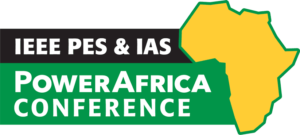
The IEEE PES/IAS PowerAfrica Conference is the leading conference on the African continent focused on addressing its power and energy challenges. The conference provides a forum for researchers, engineers, policy makers and practitioners from Africa and beyond to share and discuss research findings, innovative ideas, emerging technologies and solutions to pressing challenges in the African energy sector. All researchers who work outside of the continent are invited to come learn from the energy innovations emanating from Africa and share innovations and experience from other regions of the world.
This section aims to spread IEEE humanitarian efforts and introduce sustainable development goals to pre-university students. Having doubts about how you can get involved with?
Want to explore some established and successful programs that combine humanitarian activities and pre-university students?
Engineering Project in Community Service (EPICS in IEEE) was started at Purdue University in 2005 to benefit both engineering students and the community. IEEE adopted the philosophy of EPICS by creating the EPICS in IEEE committee in 2009. The program helps fulfill the IEEE core purpose of fostering technological innovation and excellence for humanity. EPICS provides funding, support, mentorship and visibility for engineering projects, while also empowering students to work with local service organizations to apply technical knowledge to implement solutions for a community’s unique challenges.

TryEngineering is dedicated to providing educational resources, inspiration, and guidance that empowers educators, counselors, and their students around the world, fostering the next generation of technology innovators. Launched in 2006 as a collaboration of IEEE, IBM, and the New York Hall of Science, it offers a variety of resources that will advance the skill and knowledge of educators who intend to bring engineering education into their classrooms and to engage and excite students about engineering and technology careers.

IEEE REACH (Raising Engineering Awareness through the Conduit of History) provides pre-university teachers with free, open educational resources that situate science, technology, and engineering and the complex relationships they have with society, politics, economics, and culture. It was created by the IEEE History Center, a unit of IEEE whose mission is to preserve, research, and promote the history of information and electrical technologies.
TBA
The IEEE Region 8 Humanitarian Technology Activities Committee gathers all material from the hosted events on its YouTube channel to offer all members an educational resources hub focused on humanitarian technologies and sustainable development activities.
TBA
An opportunity for SIGHT groups to share their activities in order to get published in R8 News and inspire volunteers across Europe, Middle East, and Africa.
A gateway for SIGHT groups to dive into their operations and share their experiences with the R8 Humanitarian Activities Committee.
SIGHT groups consist of at least six IEEE members who come together to learn about sustainable development, build relationships within their local communities, and implement SIGHT group projects that utilize technology to tackle key problems within the community. Non-IEEE members are welcome and encouraged to join their local SIGHT group. Groups can be formed at the professional or university level. SIGHT Group’s main purpose is to partner with underserved communities and local organizations to leverage technology for sustainable development.
In order for a SIGHT Group to be considered as active, the following requirements should be followed:
An integral part of IEEE HTB’s strategic mission is to offer educational resources and training to equip IEEE members and volunteers to impact their local communities through sustainable development activities. Webinars are one way that SIGHT members can learn new ideas, grow their professional acumen, and connect with an extended community of engineers affecting sustainable change around the world.
The IEEE Region 8 Outstanding Section / Student Branch SIGHT Group of the Year Award was established to recognize the essential work of the existing section / student branch SIGHT groups in Region 8, but also to promote and encourage sections / student branches to create SIGHT groups. The purpose of this award is to recognize a Section / Student Branch SIGHT Group who has made an outstanding contribution to IEEE SIGHT and to the local underserved community by leveraging technology to accomplish a sustainable solution.
The IEEE SIGHT Group of the Year Award was established to recognize IEEE SIGHT Groups committed to impacting their local underserved community through the development or deployment of technology. The IEEE SIGHT Volunteer of the Year Award was established to recognize a professional or student member of IEEE who has made an outstanding contribution to IEEE SIGHT and a local underserved community through the development or deployment of technology.
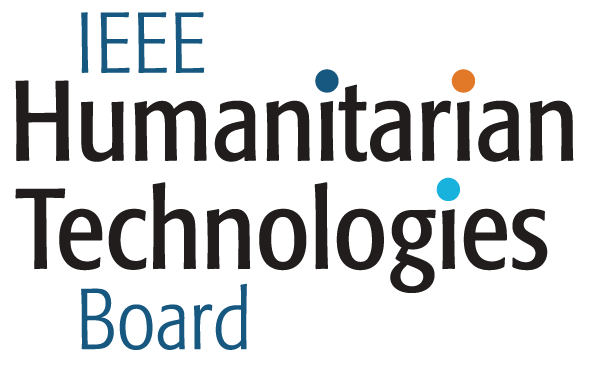
The IEEE Humanitarian Technologies Board (HTB) inspires and empowers IEEE volunteers around the world carrying out and supporting impactful humanitarian technology activities at the local level.
The IEEE HTB mission is to support impactful and ethically informed volunteer-led initiatives, programs and projects, and mutually beneficial partnerships, as well as to inform policy formulation that harness technology and innovation to address societal challenges (including disaster recovery) in a responsive, effective, and sustainable way.
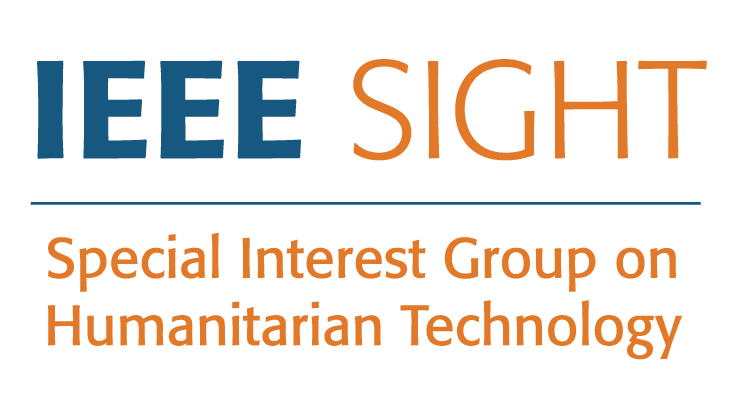
IEEE SIGHT is a global network of groups consisting of IEEE members and volunteers who identify and address local problems by applying their technical skills and partnering with their local communities. Its vision is for underserved communities around the world to be able to benefit from technology as they seek sustainable solutions to development challenges.

A direct program of IEEE HTB, IEEE Tech4Good provides funding for grassroots projects that utilize technology to address the pressing needs of the member’s local communities. Projects must address one or more of the United Nations Sustainable Development Goals (UN SDGs). Teams build relationships with local NGOs, government entities, schools and universities, neighborhood associations, or companies to identify a specific need and implement a plan to address it through technology development, customization, or deployment.
EPICS in IEEE empowers students to work with local service organizations to apply technical knowledge to implement solutions for a community’s unique challenges. In this way, EPICS in IEEE not only assists communities in achieving their specific local community improvement goals but also encourages students to pursue engineering for community improvement as a career.
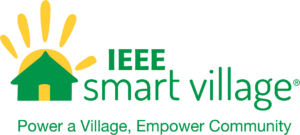
IEEE Smart Village (ISV) has a unique approach to support the world’s energy-impoverished communities by providing a comprehensive solution combining renewable energy, community-based education, and entrepreneurial opportunities. ISV provides seed-funding to carefully selected community entrepreneurs based upon a credible business plan that will impact significant number of people with electricity, education and jobs.

MOVE Community Outreach is an emergency relief program committed to assisting victims of natural disasters with short-term communications, computer, and power solutions. Natural disasters can severely impact individuals, families, and communities around the world. The restoration of electricity and communications is often of primary importance during these challenging times—because when power and connectivity is lost, people have no lights, no means to recharge mobile phones, and no way to reach out.

IEEE Empower a Billion Lives is a global competition aimed at fostering innovation to develop solutions to electricity access. Solutions are expected to be scalable, regionally relevant, holistic, and leverage 21st century technologies with exponentially declining prices.

Understanding that technology and history are not mutually exclusive subjects, IEEE REACH provides pre-university teachers with free, open educational resources that situate science, technology, and engineering in their social and humanistic contexts. The program offers a one-stop shop of resources that bring to life the history of technology and engineering in the classroom, as well as an opportunity to expose students to the different ways that science and technology interrelate and play out in society.
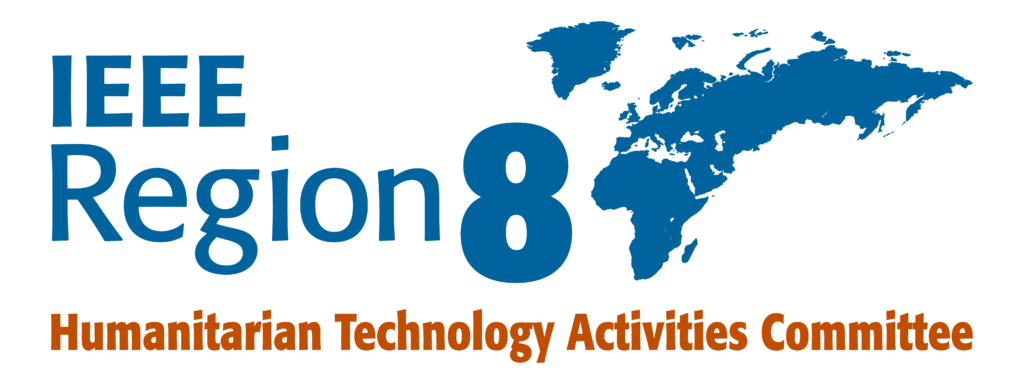
 Samarth
Samarth Theodoros
Theodoros George
George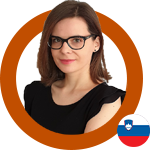 Lucija
Lucija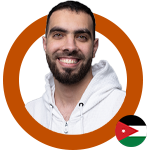 Omar
Omar Fairouz
Fairouz Amira
Amira Vasiliki
Vasiliki Kai
KaiThe IEEE Region 8 Humanitarian Technology Activities Committee (HTAC) mission is to inspire and empower IEEE volunteers around Europe, Middle East, and Africa carrying out and supporting impactful humanitarian technology and sustainable development activities at the local level. In particular, our goals include:

The IEEE Region 8 Humanitarian Technology Activities Committee (HTAC) mission is to inspire and empower IEEE volunteers around Europe, Middle East, and Africa carrying out and supporting impactful humanitarian technology and sustainable development activities at the local level.
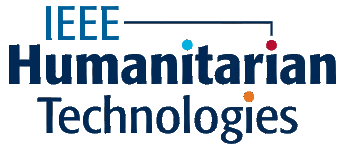
The IEEE Humanitarian Technologies (IHT) is a consortium of programs and initiatives-supported by a global network of volunteers and technical professionals-working together to apply technology to solve the world’s most pressing problems. In keeping with the IEEE mission of advancing technology for the benefit of humanity, IHT provides the framework, best practices, and tools for developing and deploying innovative solutions to advance sustainable development goals globally while achieving social and environmental impact locally, and the IEEE Humanitarian Technologies Board (HTB) drives the work.
The programs and activities supported under the IHT hub are the following:
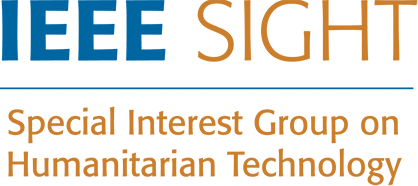

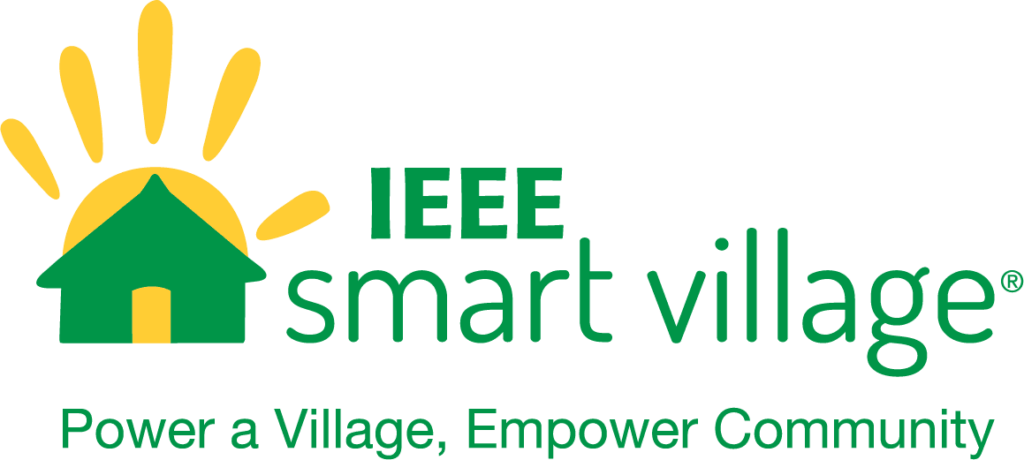

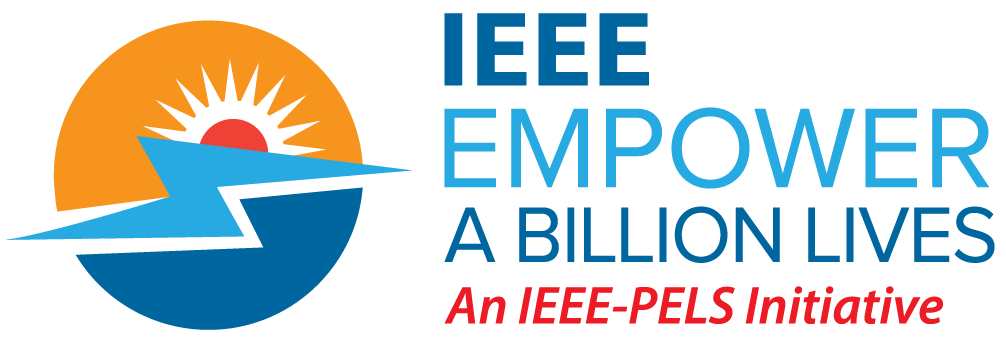

IEEE offers the SIGHT membership to everyone interested in sustainable development and humanitarian technology activities at no additional charge.
Membership includes: